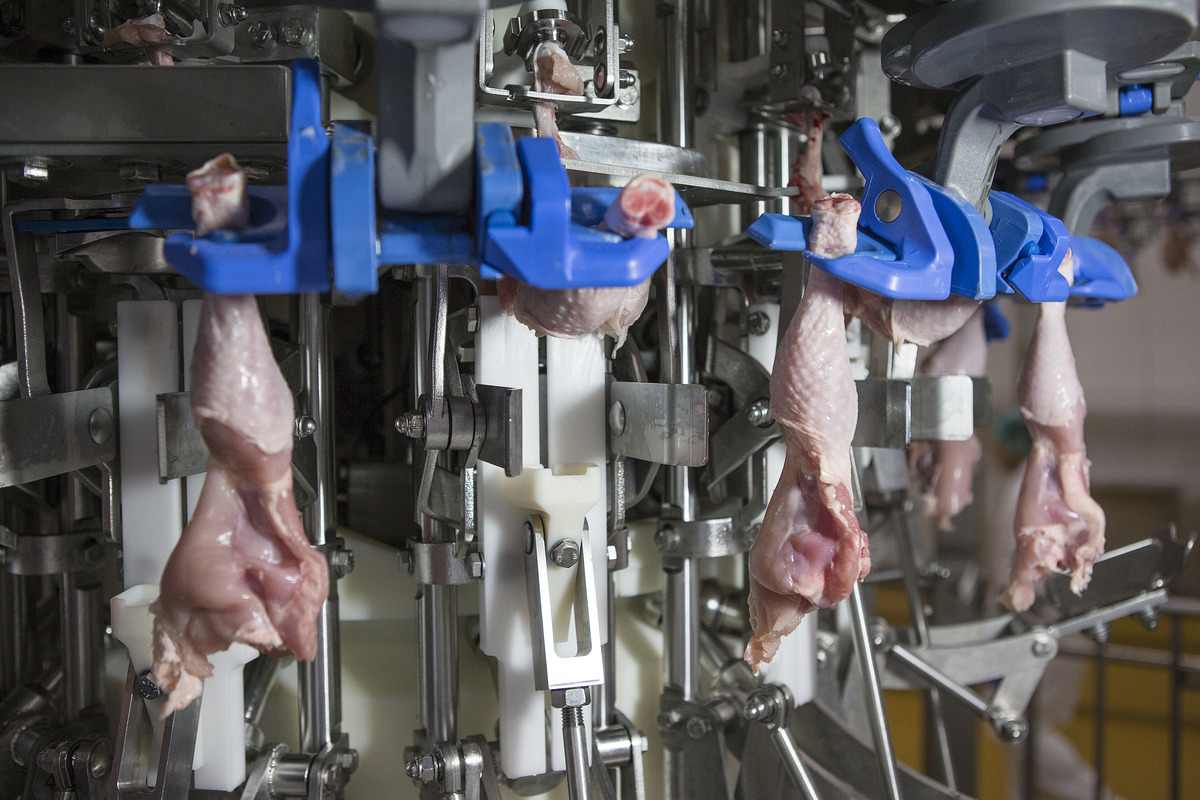JBS, S.A Expands further into Southeast Asia with new $100 million investment in Vietnam
On March 29, 2025, JBS S.A., the world’s largest meat-packer, announced a US$100 million investment to build two new plants in Vietnam, as reported by Bloomberg. The announcement was made during a state visit by Brazilian President Luiz Inácio Lula da Silva to Vietnam, where it was also revealed that Vietnam will start buying Brazilian meat, as noted by Reuters. JBS, known for its global operations, aims to expand its presence in Southeast Asia, leveraging its expertise in beef, pork, and poultry production.
Investment Details and Infrastructure
The investment details, as per The Poultry Site, include the construction of two plants, with the first located in Khu công nghiệp Nam Đình Vũ, in northern Vietnam. This facility will include a logistics center with storage capacity, covering pre-processing, cutting, and packaging activities. The second plant is projected to be built in southern Vietnam two years after the first facility starts operations, with similar infrastructure, including a logistics center and processing plant, as detailed by Just Food. The plants will primarily use raw materials imported from Brazil, destined to supply Vietnam and other Southeast Asian markets.
Renato Costa, CEO for Friboi, JBS’s beef division, emphasized the strategic intent in a company statement quoted by multiple sources: “The new plants in Vietnam will not only be an expansion of production capacity, but an investment with purpose: to generate value for the local economy, create skilled jobs, and contribute to food security throughout Southeast Asia.” Additionally, Just Food reported that the investment is expected to create at least around 500 jobs, enhancing local employment and economic development.
Production Focus and Poultry Implications
The plants will produce beef, pork, and poultry, with raw materials mainly imported from Brazil. While specific details on poultry production capacity or scale are not disclosed, the inclusion of poultry aligns with JBS’s recent global investments, indicating a significant focus on this sector. For instance, Just Food mentioned JBS’s $2.5 billion investment in Nigeria, which includes three poultry processing facilities, and a new chicken facility in Jeddah, Saudi Arabia, to quadruple production. This suggests that the Vietnam plants will likely play a crucial role in JBS’s poultry strategy, potentially processing imported frozen chicken into value-added products for local consumption, given the perishable nature when considering transport, and the distance from Brazil.
Global Strategy and Comparative Analysis
JBS’s expansion into Vietnam is part of a broader global strategy to strengthen its market position. Recent investments include $200 million for U.S. beef production in Texas and Colorado in February 2025, as reported by Just Food, and the aforementioned Nigeria and Saudi Arabia projects. These moves highlight JBS’s focus on diversifying geographically and enhancing capacity, particularly in poultry, which is evident from the Nigeria investment (three out of six facilities for poultry) and Saudi Arabia’s chicken production expansion. This context underscores the Vietnam investment’s role in JBS’s ambition to become a dominant player in Asia’s meat market.
Market Context: Vietnam’s Poultry Sector
Vietnam’s poultry market is experiencing robust growth, making it an attractive destination for JBS. According to One Health Poultry Hub, the country’s poultry population is projected to reach over 500 million in 2025, with an annual egg production of 18 billion. This growth is driven by increasing domestic consumption, rising incomes, and export opportunities, as supported by market reports like IMARC Group, which projects a CAGR of 7.56% from 2024 to 2032, and ReportLinker, forecasting poultry production to hit 1.41 million metric tons by 2028 from 1.21 million in 2023, with a 2.4% annual growth rate. These projections highlight the market’s potential, driven by changing dietary habits and a shift towards protein-rich diets, as noted by Grand View Research.
The Vietnamese government’s efforts to improve poultry farming practices, as mentioned by IMARC Group, and the increasing demand for clean food groups, particularly poultry, as per Livestock Vietnam 2025, further support this growth. Challenges such as highly pathogenic avian influenza (HPAI), now endemic, and the emergence of African swine fever (ASF) in 2019, which increased chicken consumption as consumers switched from pork, are noted by One Health Poultry Hub, adding complexity to the market dynamics.
Economic and Social Impacts
The investment is expected to have significant economic and social impacts. The creation of approximately 500 direct jobs, and indirect jobs will contribute to local employment, particularly in the regions of northern and southern Vietnam where the plants are located. This aligns with JBS’s stated goal of generating value for the local economy, Additionally, by enhancing food security, the plants could help meet the rising demand for meat products, potentially stabilizing prices and improving availability and affordability in the region.
Potential Challenges and Opportunities
While the investment presents opportunities for market expansion and job creation, challenges may include logistical complexities of importing raw materials from Brazil, regulatory hurdles in Vietnam, and competition with local and regional players. However, JBS’s experience and scale, as seen in its global operations, position it well to navigate these challenges.
The opportunity to process poultry locally could allow JBS to streamline their operational chain and offer fresher, tailored products, and Value-Added-Products, potentially increasing its market share significantly in Vietnam’s growing poultry sector.
Additional Context and Analysis
The analysis also considered JBS’s existing operations, as outlined by JBS Foods, which highlights its global presence and focus on sustainability and innovation. The selection process involved identifying significant events and articles, prioritizing those with direct implications for the poultry sector, such as production, trade, and economic impact. Efforts were made to verify dates and relevance, with a focus on news from March 2025, ensuring alignment with the current date of March 31, 2025.
The inclusion of market data from various reports, such as IMARC Group and ReportLinker, provides a comprehensive view of Vietnam’s poultry market, supporting the strategic rationale for JBS’s investment.



Leave a Reply